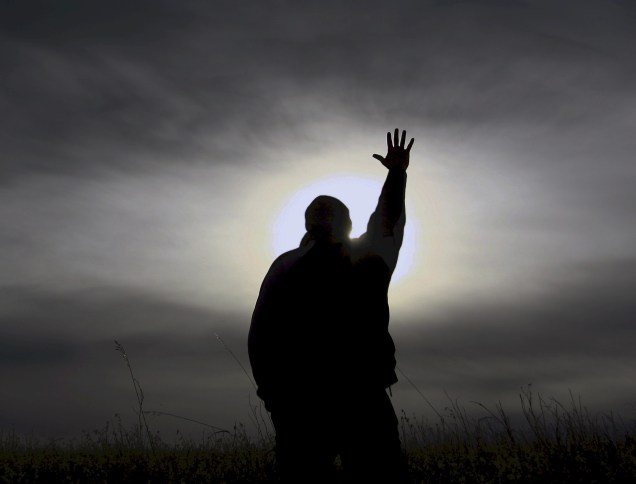 This is a rare post in which I share a glimpse of my political orientation. So here it is–I am a right leaning independent voter. Why right? Because I am in favor of lesser government control and inclined towards individual freedoms. I support capitalism as long as its done ethically and believe that businesses should be given every opportunity to thrive in order to fuel the economy. There are other positions as well but I think you get the idea.
This is a rare post in which I share a glimpse of my political orientation. So here it is–I am a right leaning independent voter. Why right? Because I am in favor of lesser government control and inclined towards individual freedoms. I support capitalism as long as its done ethically and believe that businesses should be given every opportunity to thrive in order to fuel the economy. There are other positions as well but I think you get the idea.
At one point, I seriously considered just signing my name to the Republican party. But then the 2016 election happened and decided being an independent was more favorable to my conscience. I won’t go further into that.
While I am not on board with MAGA, I still consider myself a conservative. In the podcast I formerly co-hosted, I shared why my Christianity oriented me in this direction. You can listen to this episode and hear more about that.
But when it comes to the issue of immigration and refugee resettlement, some would call me a Leftist, especially those strongly committed to the MAGA agenda or otherwise strongly partisan all-or-nothing right wing agendas. Continue reading
 I don’t think any Christian would want the claim of an ideologue. But as I observed discourse in the past several years related to social and political engagement, unfortunately I do believe there is a place where this happens.
I don’t think any Christian would want the claim of an ideologue. But as I observed discourse in the past several years related to social and political engagement, unfortunately I do believe there is a place where this happens. I confess, I have a love-hate relationship with checking boxes. On one hand, it gives a sense of accomplishment as I find with the logistics of event planning I have to do for my job. And who doesn’t love checking off that fun item from their bucket list?
I confess, I have a love-hate relationship with checking boxes. On one hand, it gives a sense of accomplishment as I find with the logistics of event planning I have to do for my job. And who doesn’t love checking off that fun item from their bucket list? Despite my best intentions of keeping up with regular writings in this space, I have now come to the end of the year without posting anything since the beginning of the year. A few weeks ago, I had started on an end of year reflection and hope to have that out soon. But in the meantime, this quote struck me as something to seriously reflect on as we head towards a new year.
Despite my best intentions of keeping up with regular writings in this space, I have now come to the end of the year without posting anything since the beginning of the year. A few weeks ago, I had started on an end of year reflection and hope to have that out soon. But in the meantime, this quote struck me as something to seriously reflect on as we head towards a new year.